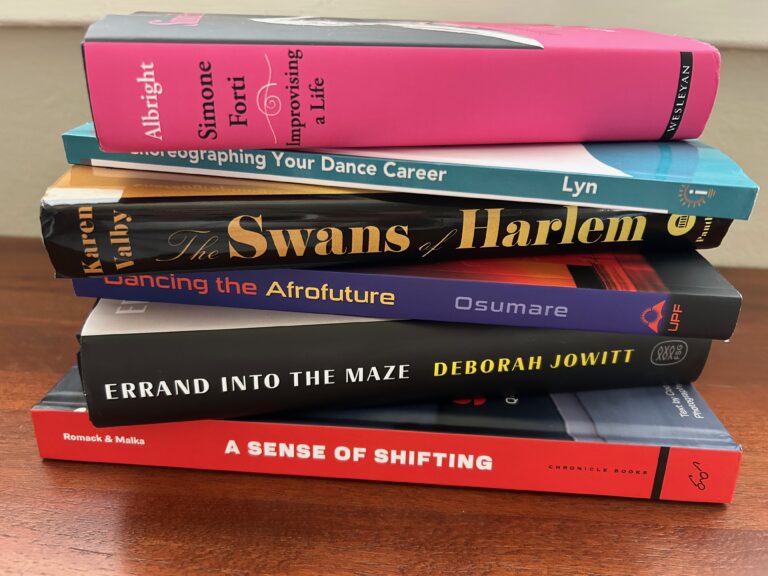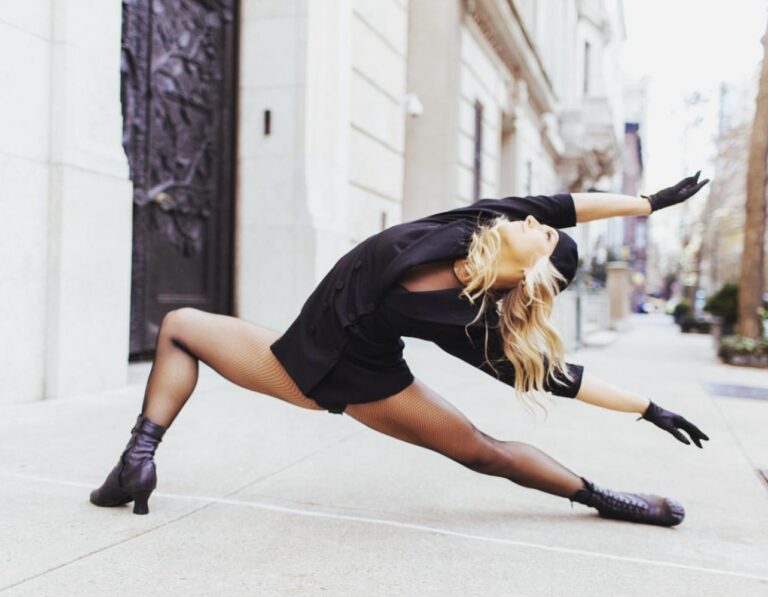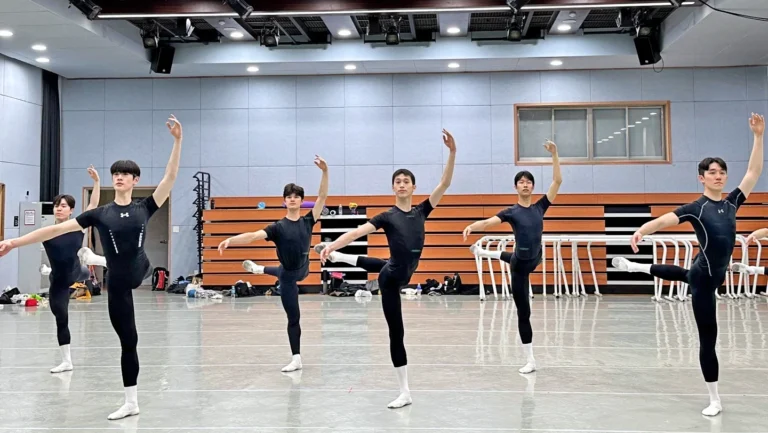How poor body image can impact your work
Does the mirror make you so nervous that it affects your teaching?
Thinking about stepping into a dance studio to teach ballet makes me panic, even though I have a dozen years of experience. Being trapped in a mirrored room and seeing how out of shape I am, compared to when I was a dancer myself, makes me feel claustrophobic. I assume my students will judge my figure. It is so paralyzing that I haven’t been able to teach in four years.
The obsession with my body started as a teen in ballet class and stayed with me through college. After graduating, I happily balanced teaching ballet while working as a newspaper editor. Years later, though, while earning my dance education MA at New York University, I found myself in a divorce. The stress was overwhelming. Food quickly became the one part of my life where I felt I had control.
Dr. Linda Hamilton, wellness consultant for New York City Ballet and Dance Magazine advice columnist, says I’m not alone. Though most of us associate eating disorders with students and professionals, unresolved body issues and controlled eating patterns from pre-professional training can follow you into adulthood. “You are still the same person,” says Hamilton. “And under extremely stressful situations, old habits come back.”
At the height of my ED, I felt completely out of control. I wouldn’t eat all day, and by dinner, I would overeat. As a result, my weight ballooned. I refused to be in photos and had regular panic attacks at dance—suddenly feeling terrified and out of control, and not being able to breathe.
Other eating disorder symptoms, says Hamilton, include adopting rigid eating rituals (such as cutting food into tiny pieces, cooking elaborate meals for others but refusing to eat them, not eating in public, excluding even healthy foods to avoid fat), persistently worrying or complaining about being fat, frequently checking the mirror for perceived flaws, compulsively eating large amounts of sweet or high-fat foods and using weight-loss drugs, dietary supplements or herbal products in excess.
Adult eating disorders often take years of recovery, but it’s never too late to seek help (though the earlier you do, the easier they are to overcome). The most effective treatment is psychotherapy or psychological counseling, coupled with careful attention to medical and nutritional needs. “Dance teachers need more attention than they get,” says Hamilton. “You’re a role model, and if you are not able to approach eating in a healthy way or if you think you’re never thin enough, it’s going to come across to your students. We don’t need to pass this on from one generation to the next.”
A 16-year-old Hayes in Paquita
A close friend’s suggestion helped me begin my recovery process. Six weeks of counseling at The Women’s Therapy Centre Institute in New York City evolved into an evaluation at The Renfrew Center, an institution that helps women overcome eating disorders, where I was diagnosed with EDNOS (Eating Disorder Not Otherwise Specified)—given to those who have significant concerns about eating and body image, but don’t necessarily meet the criteria for anorexia or bulimia. I spent seven weeks in their intensive outpatient program, where I learned how to eat balanced meals and recognize hunger and fullness cues, developed new coping skills and participated in a monitored group meal. The four hours a day, three days a week commitment meant adjusting my work schedule and paring down my life, including my writing for Dance Teacher.
I’m now in my second year of recovery. While I have to make a conscious effort to use the tools I learned during treatment every single day, I am happy and healthy, and I look forward to teaching technique class again. DT
Hannah Maria Hayes lives in NYC. She frequently contributes to Dance Teacher and Dance Magazine.
For more information about food, weight and body-image issues, contact The Renfrew Center Foundation (renfrew.org) or the National Eating Disorders Association (nationaleatingdisorders.org).
©iStockphoto.com; photo courtesy of Hannah Maria Hayes



